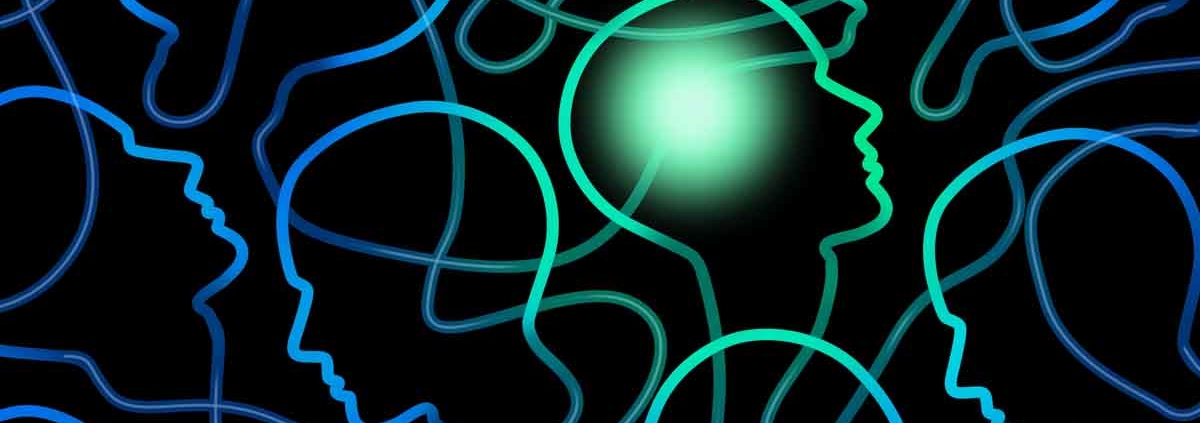Understanding Our Collective Consciousness
A warm and heartfelt hello to all my current and past patients, and the general public. It sure has been a roller coaster of days and weeks where all of us have had to make quick changes to fit our lives into this new model of living.
Stories I have heard are bitter-sweet. Some report feeling relieved for not having to get out and commute to and from work, not having to stand in lines of stores and establishments, and basically able to enjoy a simpler life.
These groups of people report to have taken the time to see about activities they had always liked but didn’t get a chance to do, such as organizations, writing and reading their favorite books and poetry, watching their favorite shows and hanging out with friends on the phone or via a Zoom call. (I guess “Zoom” is now a basic household name, referring to meeting face to face online)!
Many people are reporting an increase in conflicts associated with being in such close contact with family members, home-schooling their children, and minding the elderly family members’ needs.
Some talk about an increased anxiety about getting sick, or about the future of their financial health or professional goals. Several have been speaking of feeling lonely and isolated, and experiencing some shade of existential crisis, wondering if their loneliness wasn’t only masked by their daily encounters with people.
If you find yourself in any of the above camps, just know you are so not alone. There is a collective unconscious that is guiding us all, in more similar ways than not, which makes me think perhaps there is a positive twist in all this madness.
What Is Collective Consciousness?
How do your beliefs align with the beliefs of others in society? What unites people within a society, at least to a degree? How do you come to see yourself not just as an individual, but as part of the larger society? One explanation for questions like these comes from the theory of collective consciousness.
In sociology and related social sciences, the idea of collective consciousness comes from the French theorist and sociologist Emile Durkheim. Collective consciousness is all about understanding what makes society work.
For Durkheim, individuals in society – while we all have our own individual consciousness – also share a solidarity with one another. We work together in many ways and our collective consciousness is what allows this to happen.
Basically, collective consciousness is a constellation of ideas, beliefs, and values that a great number of individuals in a given society share.¹
As a clinical psychologist I see the strong foot prints of our own personal beliefs when we assess and determine how bad or good we feel. It is often not the very circumstances that we are in, but the way we think of ourselves (i.e: victims or heroes, losers or winners, scared or courageous) that colors the way we feel about the circumstances.
How to tap into our collective consciousness
So, I’d like to share some potential good ways that you could take advantage of the fact that this collective consciousness is at the core of our community in order to help yourself and those around you feel better, more connected, less stressed, and ultimately better capable to weather these challenging times:
1. Search and see what is needed in your community and start volunteering your efforts toward that cause.
Examples: if you are a musician, perhaps you could make some recordings of your music and offer it to our local hospitals, places of worship, or just to your own group of friends. Maybe you like crafts and basically like to create things with your hands.
Find any materials around the house, order them online, or ask neighbors and friends to donate them and then begin creating pieces that give the message of endurance and strength and spread those items around to people. Examples: scarves, embroideries, wood carvings, collages, afghans, music recordings and playlists, etc.
2. Take courses and train yourself in new ways.
It is likely that the future of your trade might take on a different form over the coming months and maybe years. Teaching yourself new ways to offer your trade might require some re-engineering and rethinking. This is a good time to prep for that.
3. Do not forget to stay in close contact with your family and friends.
I know many of us reached out to one another when the shelter in place began. It was novel and unusual, so we thought of our friends and relatives, wondering how are they going through it. But now, we might tend to forget that we really need each other in order to keep our hearts and minds filled with each others’ energies.
As much as it might sound silly, but using online meeting platforms (yes Zoom comes to mind again!!) to meet for group activities is really a great way to feel connected. I know of communities who do group meditations, listen or play music together, read poetry together, do hand crafts simultaneously together, and even watch movies together.
4. Seek therapy.
Of all times, this is the time to see about exploring your own particular coping styles, or learning more about your personal strengths and of course reaching for help if you are experiencing domestic conflicts, insomnia/ hypersomnia, chronic health problems associated with poor lifestyle, and of course depression and anxiety.
All and all, it is very important to keep in mind that social isolation doesn’t literally mean socially isolating ourselves. We are social creatures, and we need each other at all times, particularly at this time of a global pandemic.



